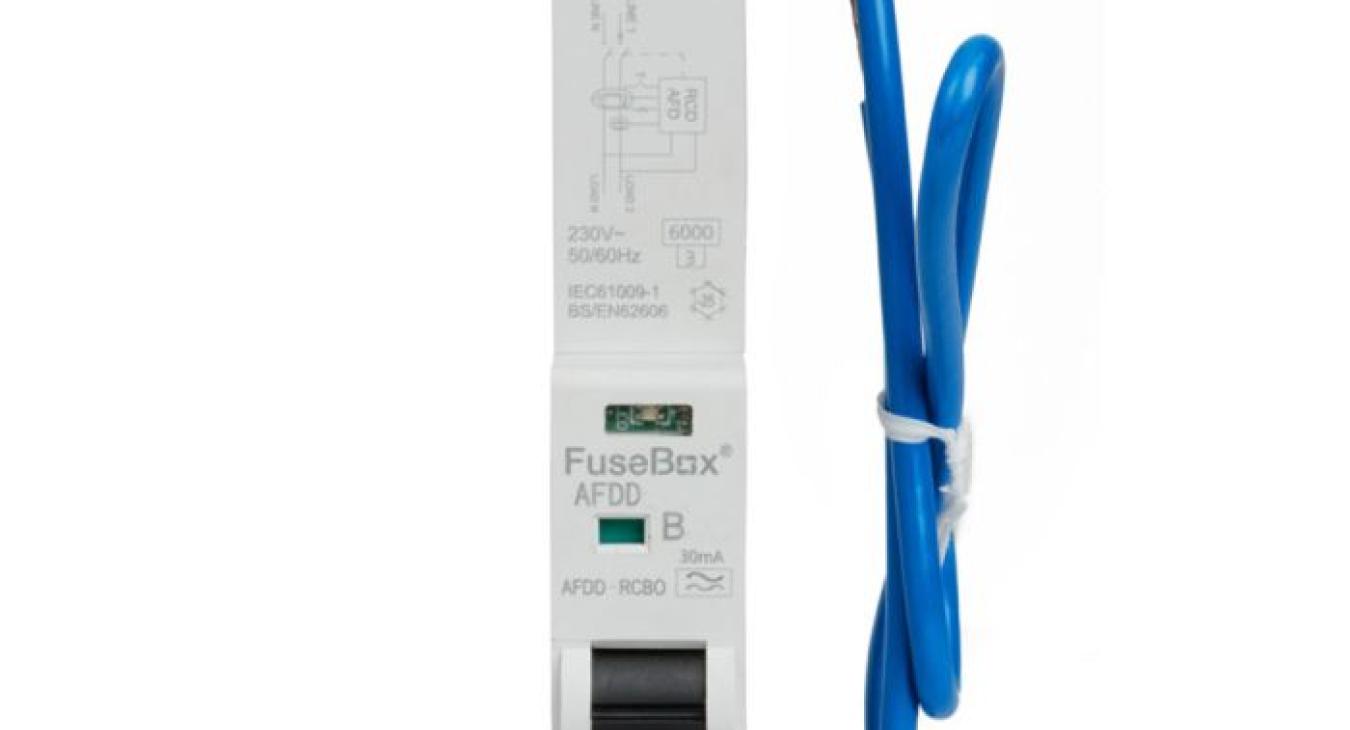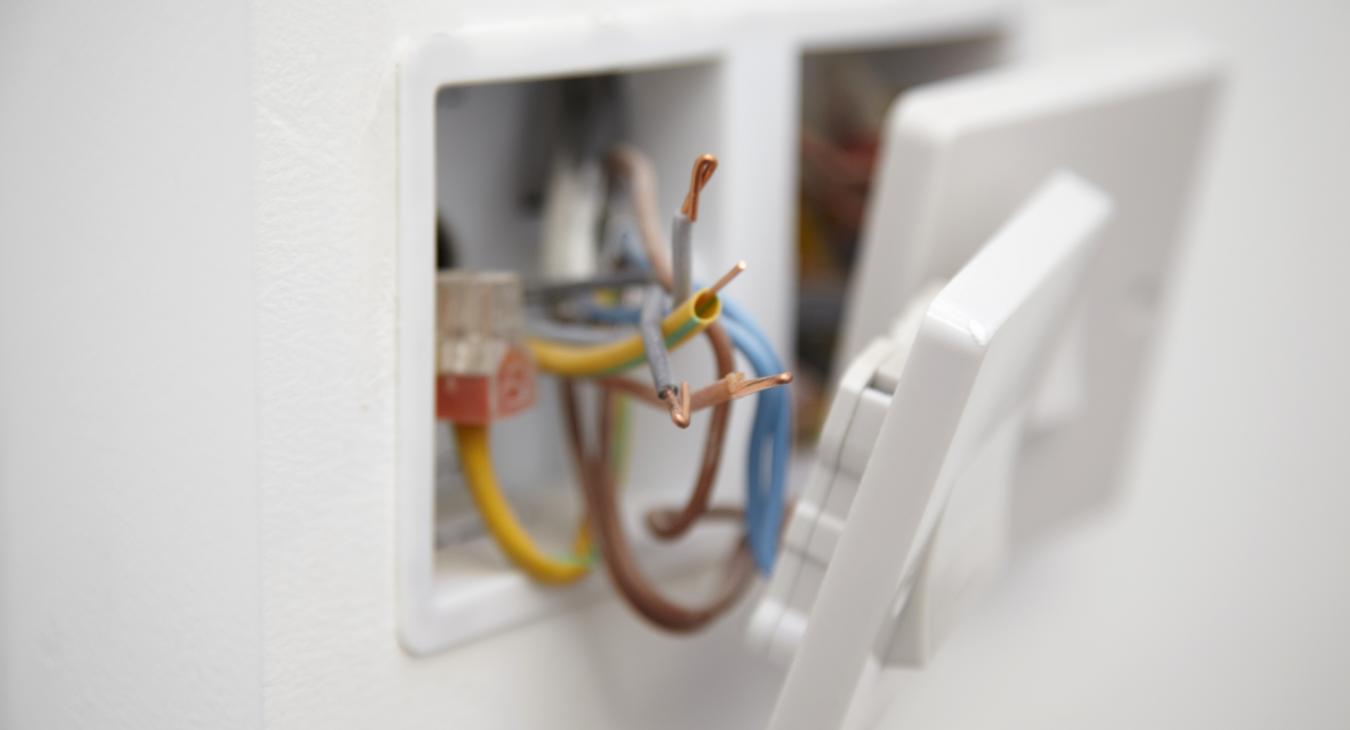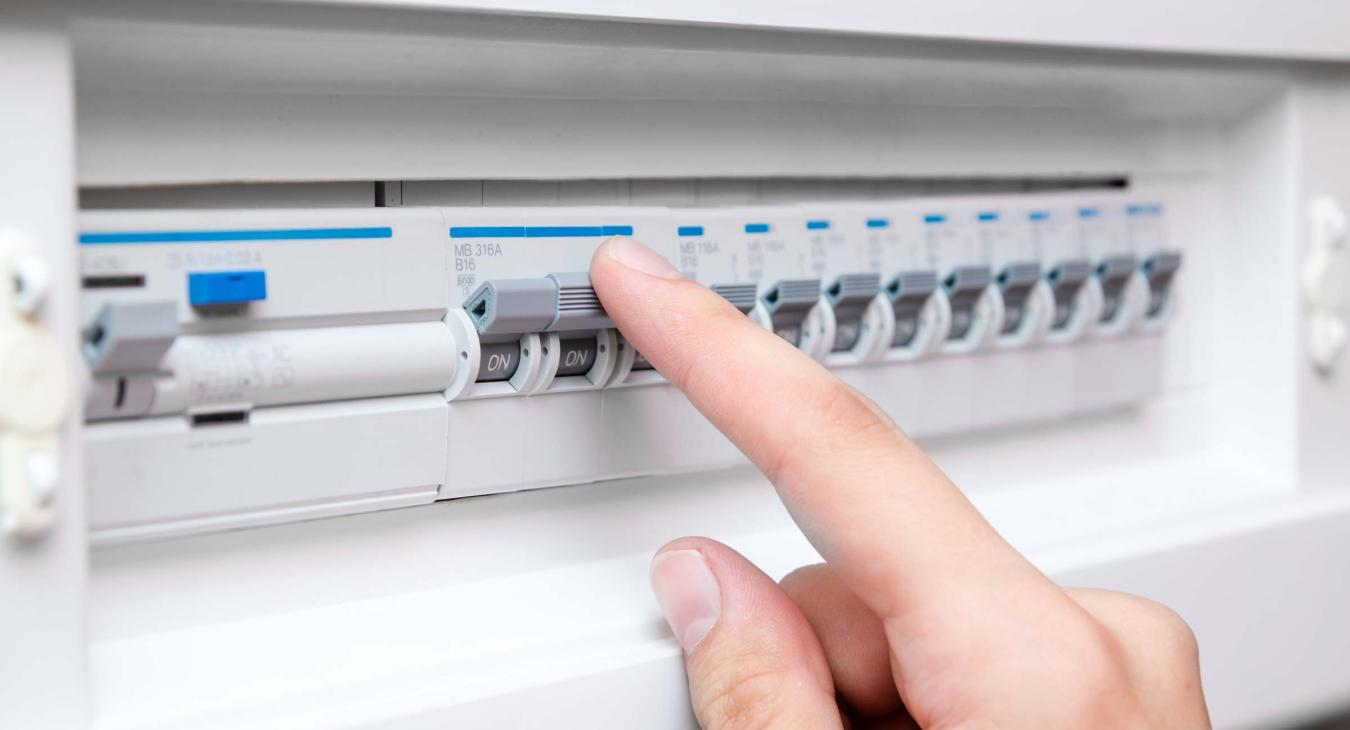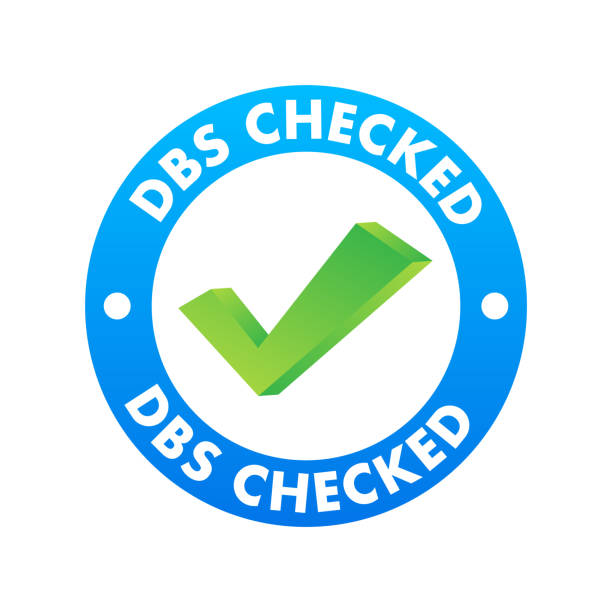
An AFDD (Arc Fault Detection Device) is a device that has been slowly working its way into the Electrical Regualtions, I'll outline what they are, what they do and then break down potential cost implications at the bottom of the page.
What is an AFDD?
An AFFD (Arc Fault Detection Device) is a protective device that will detect a arc fault within a circuit. The nature of its design is to detect Arcs between 2 conductors.
What is an Arc/Arcing?
As stated on the IET website :-
"Arcs are visible plasma discharges caused by electrical current passing through a normally nonconductive medium, such as air. This is caused when the electrical current ionizes gases in the air, temperatures created by arcing can exceed 6000 °C. These temperatures are sufficient to start a fire."
Do I have to have AFDD's fitted?
In the 18th Edition (page 3) it states "A new Regulation 421.1.7 has been introduced recommending the installation of arc fault detection devices (AFDDs) to mitigate the risk of fire in AC final circuits of a fixed installation due to the effects of arc fault currents".
Regulation 421.1.7 states:
421.1.7 Arc fault detection devices conforming to BS EN 62606 are recommended as a means of providing additional protection against fire caused by arc faults in AC final circuits. 81 If used, an AFDD shall be placed at the origin of the circuit to be protected. NOTE: Examples of where such devices can be used include:
• premises with sleeping accommodation
• locations with a risk of fire due to the nature of processed or stored materials, i.e. BE2 locations (e.g. barns woodworking shops, stores of combustible materials)
• locations with combustible constructional materials, i.e. CA2 locations (e.g. wooden buildings) • fire propagating structures, i.e. CB2 locations
• locations with endangering of irreplaceable goods
In simple terms it is purely recommending the use of AFDD's in the above locations at present but there is going to be an ammendment to the regulations this March and if they are made compulsory then this could have major financial implications, which I'll go into below. It is currently unknown exactly what will be said but if you have a board without RCD/RCBO potection to circuits supplying a special location (bathroom lights, shower/ outside lighting/ socket circuits/ cooker circuit if theres a socket on isolator) then I would certainly think about getting this swapped soon.
If you have an RCD/RCBO board fitted then it is most likely, during an electrical inspection, that the lack of AFDD's will go down as a C3 (improvement recommend) so you can still get a satisfactory certificate. However if AFDD's are made compulsory then they will have to be fitted on any board changes! So if you have an electrical inspection done and your board is an old rewireable board/has no RCD protection, after the ammendment, then you'll most likely have to foot a £1500-£2000 bill for a new board in comparison to £500-£700 now.
What are the financial implications?
At present we charge (on average) £500 for a 6 way Full RCBO board with Surge Protection, for a board fitted with AFDD's it's approximately £150 for each AFDD so, with labour and other associated costs, it will be more toward £1500 for a 6 way board.
At present we charge (on average) £600 for a 10 way Full RCBO board with Surge Protection, for a board fitted with AFDD's it's approximately £150 for each AFDD so, with labour and other associated costs, it will be more toward £1800 for a 6 way board.
As you can see the difference is massive. This is why we suggest, if you think you may want a board swap, that now is the time to get a new Full RCBO board with Surge Protection. It is a little unsure whether AFDD's will be made mandatory but if they do then your new board will have to contain the new protective device and you will incur the huge difference in cost.
No one can say for certain that they will become mandatory and I'm not one for scare mongering but personally I would rather get a board swapped now than wait until the ammendment comes out and potentially be hit with the higher cost.
How can I tell if I need my board swapped?
We have a blog on this and it would be the best place to check Fuse Box Upgrades | Electrician in Oldbury, Dudley (allensohms.co.uk)










